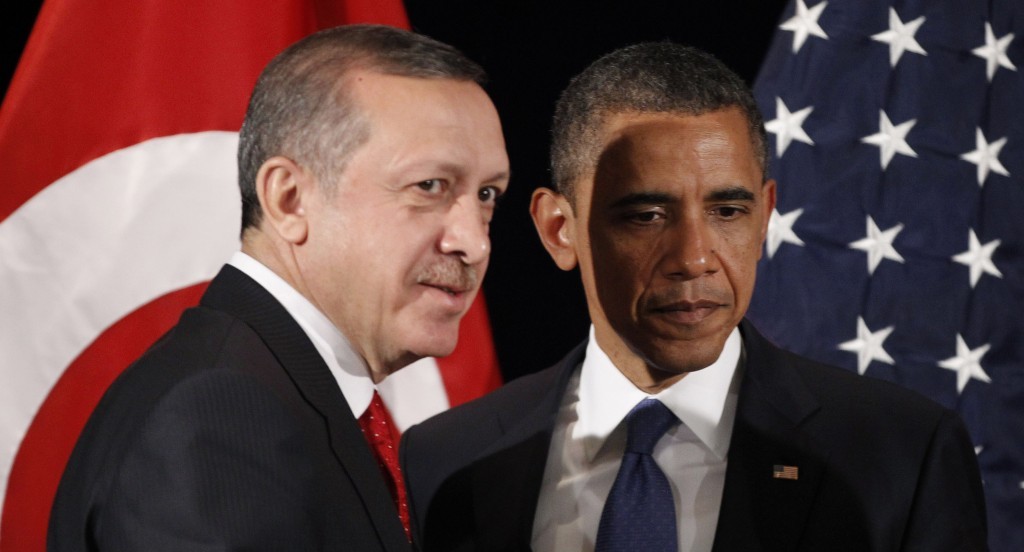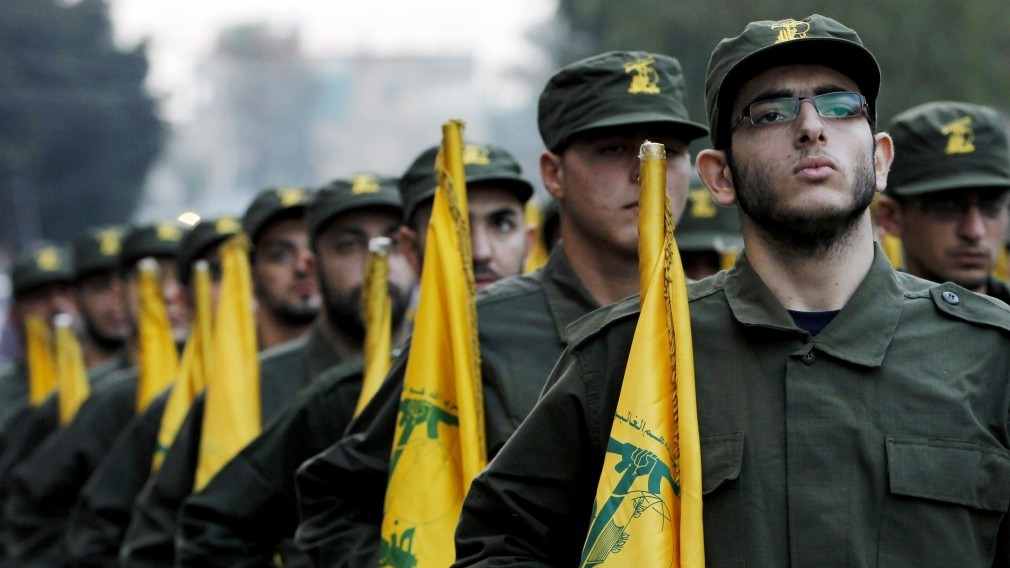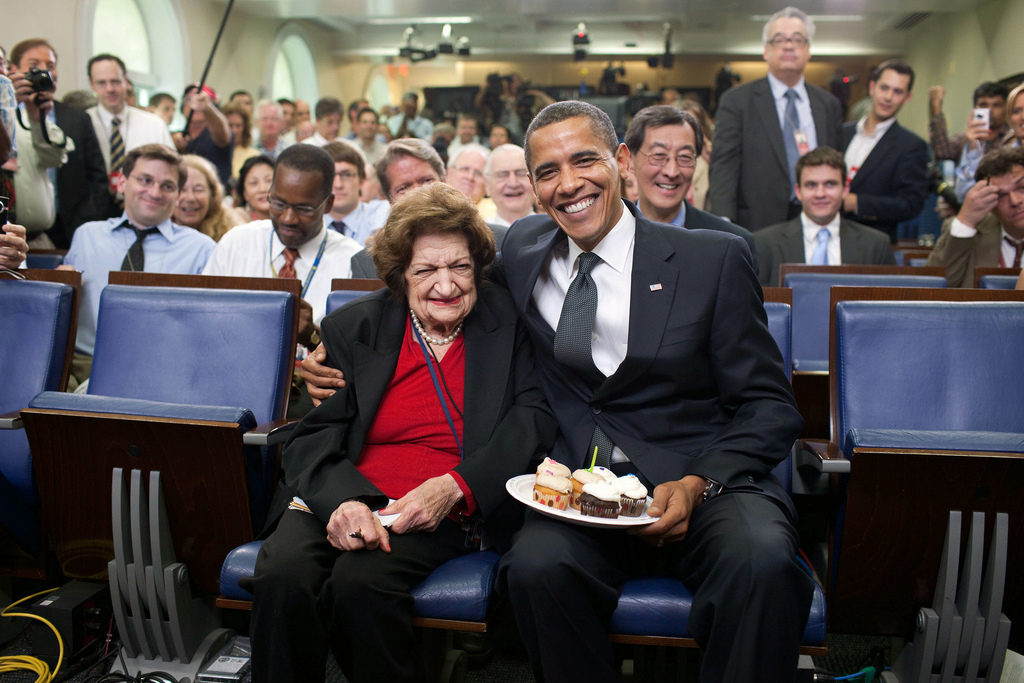The Turkish Betrayal – Global Implications
On October 16th, Washington Post columnist David Ignatius reported that in 2012, Turkey, a NATO member, gave Iranian intelligence the identities of at least 10 Iranian spies who had been meeting in Turkey with their Israeli Mossad handlers. Subsequent reports suggest that they may have already been executed by the Iranian government. But, as Boaz Bismuth writes in Israel Hayom: “There is more than one riddle here. The first is, of course, what the exact details of the story are and how great the damage is. Another riddle, no less intriguing, is who benefited from exposing the story at this time and why?”
Clearly, this Turkish betrayal represents a significant loss of intelligence to the Israelis. According to Ignatius, the Turkish intelligence chief (Hasan Fidan) is suspect in Israel because of what are seen as his close ties with Tehran. Several years ago, Israeli intelligence officers described him to CIA officials as “the MOIS station chief in Ankara,” a reference to Iran’s Ministry of Intelligence and Security, but this has not affected the continuing contacts between the U.S. and Turkish intelligence communities. As Caroline Glick pointed out recently: “Rather than taking action against Turkey, or simply acknowledging that the actions of Prime Minister Recep Erdogan represented a fundamental shift in Turkey’s strategic outlook, President Obama shrugged off Turkey’s betrayal without even a protest over Turkey’s despicable deed.”
The lack of official U.S. reaction to the exposure of Israeli intelligence assets in Iran by Turkey may be because President Obama remains intent on cultivating Turkish Prime Minister Erdogan as a “model partner” and key Muslim ally at any cost, so the U.S. continues to work with Fidan on sensitive issues despite his suspected collaboration with Tehran. As Ignatius noted, it has been U.S. practice to separate intelligence issues from broader U.S. foreign policy objectives in the region. If so, then Turkey’s outing of Israeli intelligence assets and U.S. silence about it falls within that foreign policy paradigm.
For the United States, however, the fact that President Obama has been willing to share state-of-the-art technology and secrets with a regime so willing to betray those secrets to Iran (and possibly China as well given Turkey’s recent $3.4B deal for Chinese missiles, the integration of which would, according to Western officials, functionally introduce a “virus” into NATO’s command and control infrastructure) raises questions about U.S. strategic judgement in separating these two issues.




